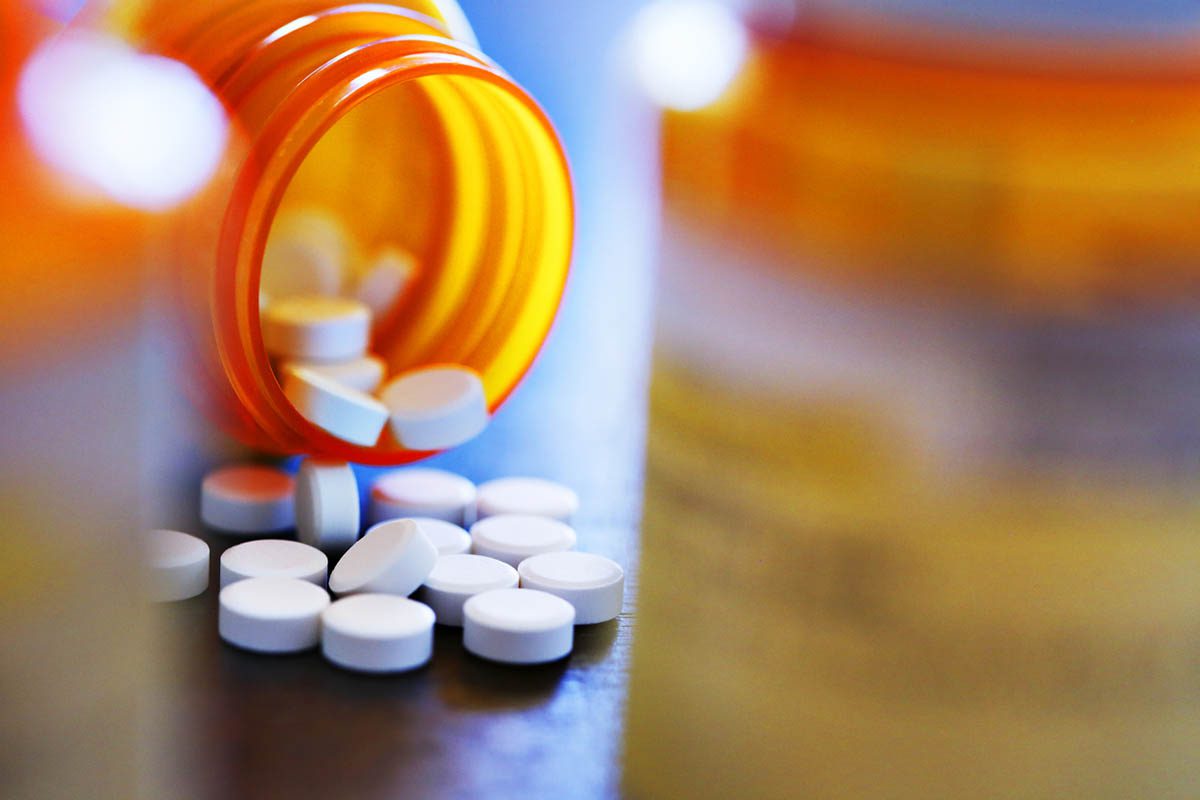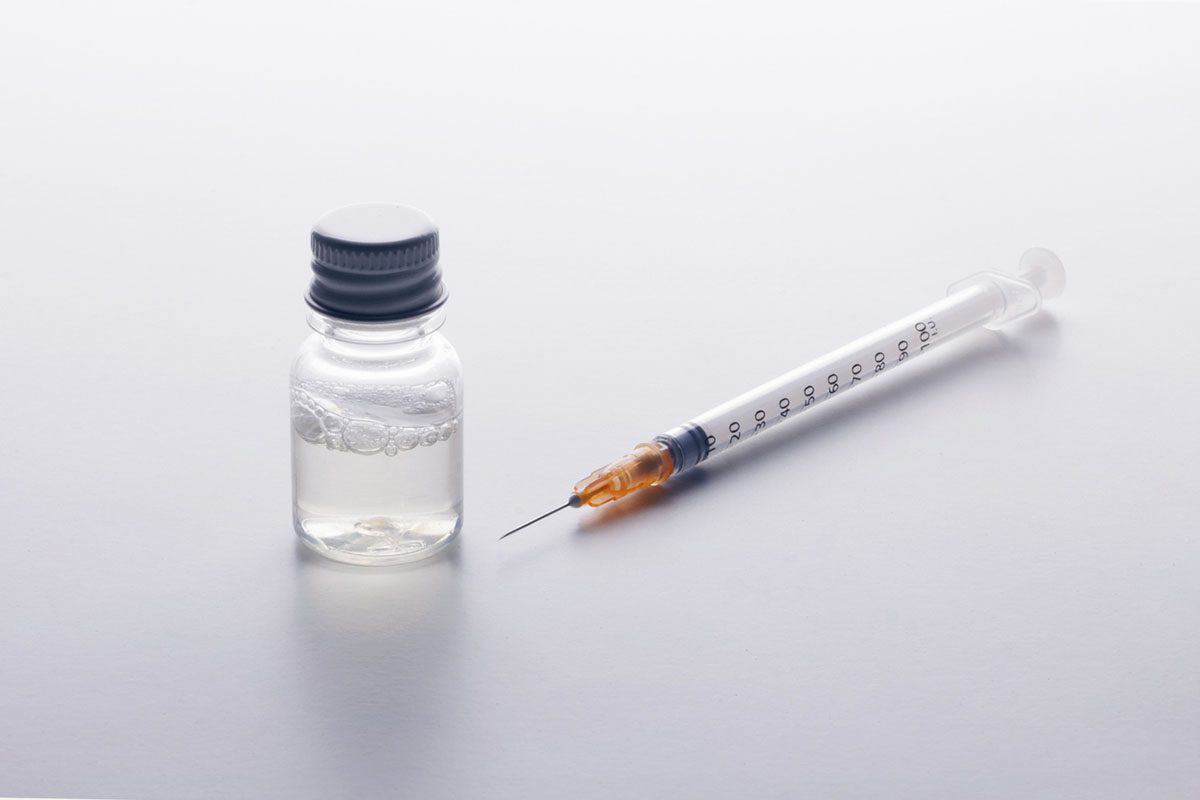Article Abstract
See reply by Andrade
To the Editor: Dr Andrade’s analysis of the Bacloville trial in a recent Clinical and Practical Psychopharmacology column, in which he concluded that “individualized treatment with high-dose baclofen (30-300 mg/d) may be a useful second-line approach in heavy drinkers” and that “baclofen may be particularly useful in patients with liver disease,” deserves comment.1
First, Andrade failed to recall that the first pivotal trial of baclofen, ALPADIR (NCT01738282; 320 patients, as with Bacloville), was negative (see Braillon et al2).
Second, Dr Andrade should have warned readers that Bacloville’s results are most questionable, lacking robustness. Although he cited us,3 he overlooked the evidence we provided indicating that the Bacloville article4 was published without acknowledging major changes to the initial protocol, affecting the primary outcome. Coincidentally (although as skeptics, we do not believe in coincidence), the initial statistical team was changed when data were sold to the French pharmaceutical company applying for the marketing authorization in France. As Ronald H. Coase warned, “If you torture the data long enough, it will confess.”
Third, expecting that a reduction of, at best, a drink per day versus placebo, if confirmed and if possible in the long term in dependent users, could modify clinically relevant outcomes such as quality of life, morbidity, and mortality when there are already harms such as liver disease flies in the face of common sense.
Finally, the 2-fold increase in mortality with baclofen in Bacloville (highest dose allowed, 180 mg/d) was not significant, the series being short, but was in line with a large-scale pharmacoepidemiologic study in a real-life setting that suggested a dose-dependent increase in mortality with baclofen versus acamprosate and naltrexone.5
Individualizing treatment is the cornerstone of care, even more so for patients with substance use disorders, but it is about psychosocial care, to which access must be improved.6 Promoting off-label use of high doses of baclofen worldwide in a core clinical journal is not serving patients’ interests. In our humble opinion, France will remain the only country worldwide where baclofen has a marketing approval for the following reasons: (a) the French pharmaceutical company deliberately avoided the usual European marketing approval process and cannot expect an authorization by the US Food and Drug Administration, which relies on robust criteria (abstinence, no heavy drinking days, biochemical markers of alcohol use), and (b) the director of the French medicines agency granted a marketing approval despite the Special Scientific Committee’s conclusion that the benefits/harms ratio was negative. The Chairman of the Committee commented that he “well understood that the benefit-risk assessment [of baclofen] was only one element, among others [behind the decision].”2
REFERENCES
1.Andrade C. Individualized, high-dose baclofen for reduction in alcohol intake in persons with high levels of consumption. J Clin Psychiatry. 2020;81(4):20f13606. PubMed CrossRef
2.Braillon A, Naudet F, Cristea IA, et al. Baclofen and alcohol use disorders: breakthrough or great white elephant? Alcohol Alcohol. 2020;55(1):49-50. PubMed CrossRef
3.Naudet F, Braillon A, Cristea IA, et al. Restoring the Bacloville trial: efficacy and harms [published online ahead of print May 4, 2020]. Addiction. PubMed
4.Rigal L, Sidorkiewicz S, Tréluyer J-M, et al. Titrated baclofen for high-risk alcohol consumption: a randomized placebo-controlled trial in out-patients with 1-year follow-up. Addiction. 2020;115(7):1265-1276. PubMed CrossRef
5.Chaignot C, Zureik M, Rey G, et al. Risk of hospitalisation and death related to baclofen for alcohol use disorders: comparison with nalmefene, acamprosate, and naltrexone in a cohort study of 165 334 patients between 2009 and 2015 in France. Pharmacoepidemiol Drug Saf. 2018;27(11):1239-1248. PubMed CrossRef
6.Volpicelli JR. Alcohol abuse and alcoholism: an overview. J Clin Psychiatry. 2001;62(suppl 20):4-10. PubMed
aRetired senior consultant, Amiens, France.
bCentre Hospitalier Universitaire and Inserm, Centre d’ Investigation Clinique, Rennes, France
Published online: January 12, 2021.
Potential conflicts of interest: Drs Braillon and Naudet note that they are included in Jeanne Lenzer’s list of industry independent experts (https://jeannelenzer.com/list-independent-experts).
Funding/support: None.
J Clin Psychiatry 2021;82(1):20lr13642
To cite: Braillon A, Naudet F. Baclofen, a French exception, seriously harms alcohol use disorder patients without benefit. J Clin Psychiatry. 2021;82(1):20lr13642.
To share: https://doi.org/10.4088/JCP.20lr13642
© Copyright 2021 Physicians Postgraduate Press, Inc.
This PDF is free for all visitors!





